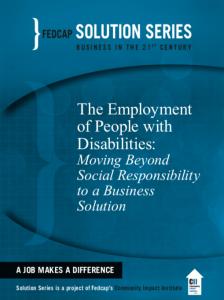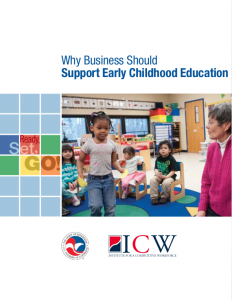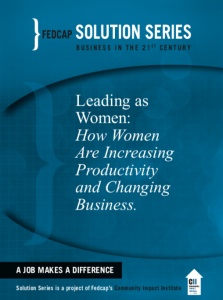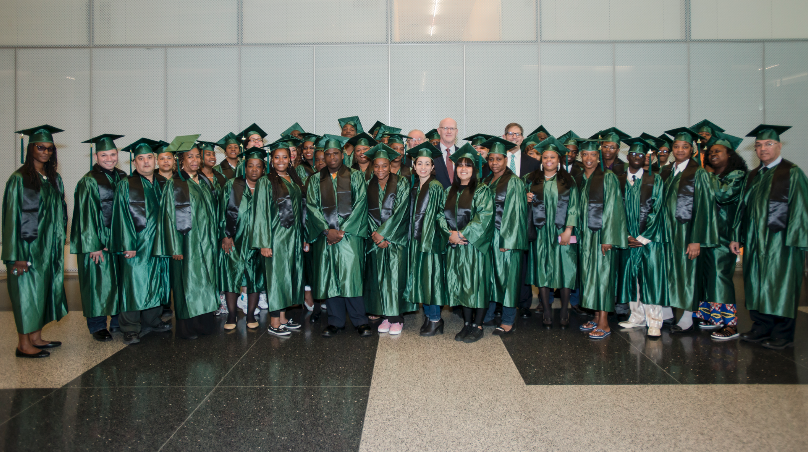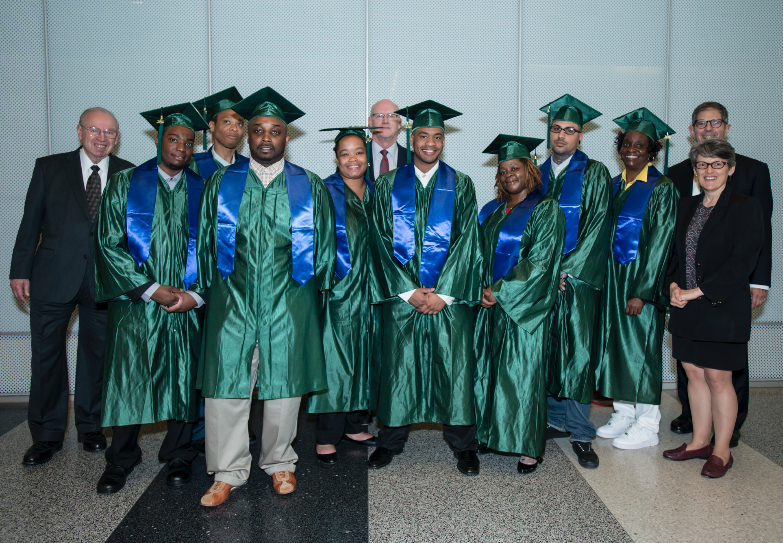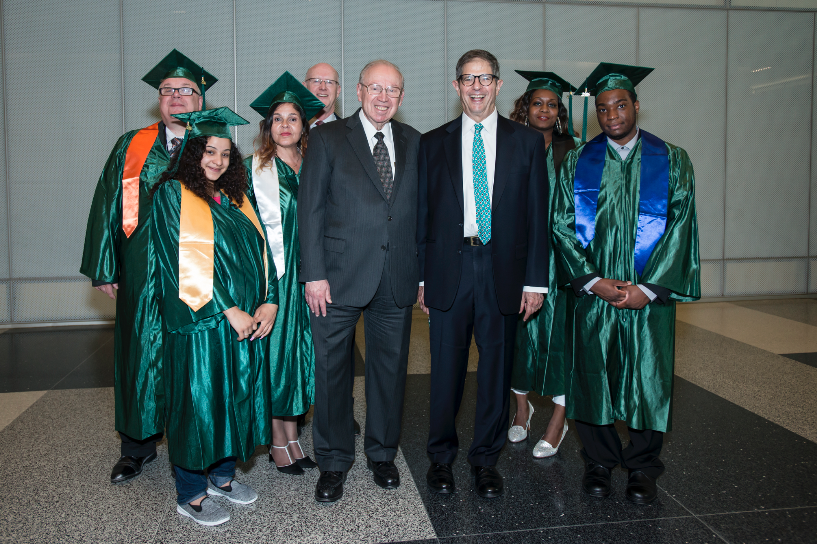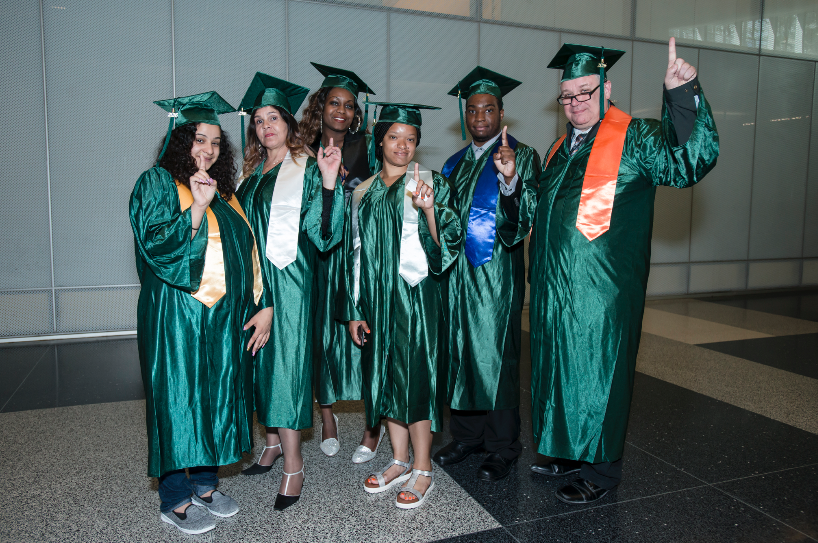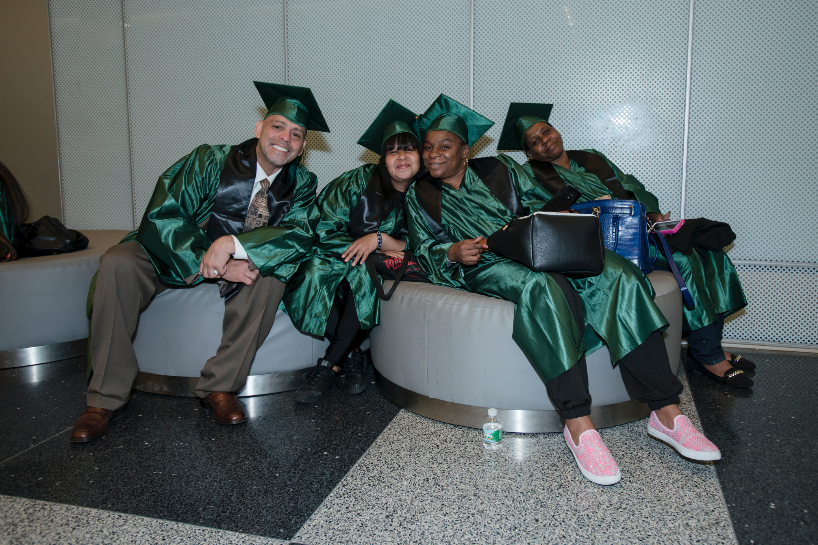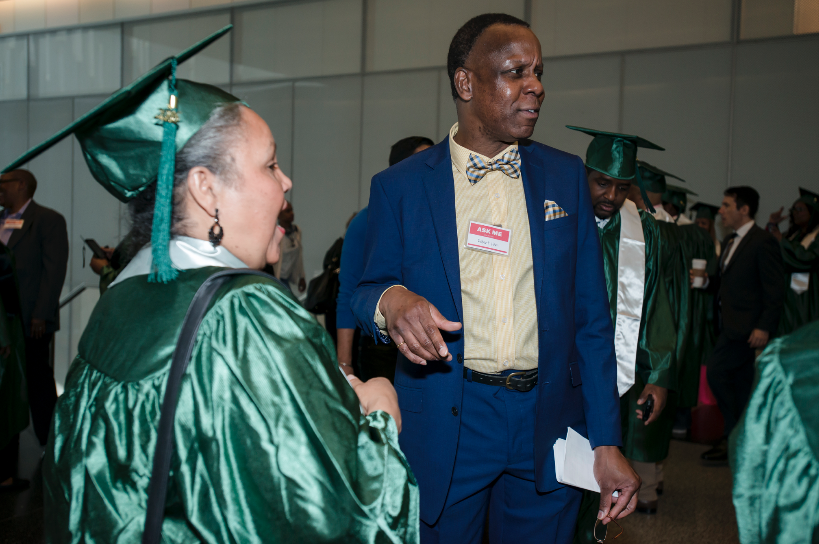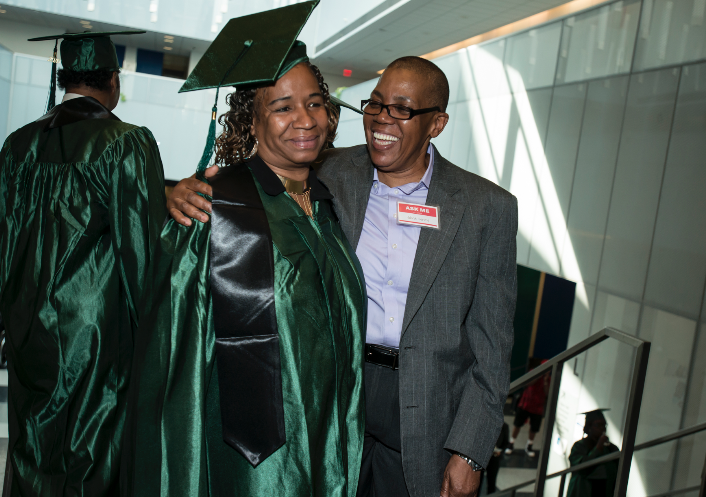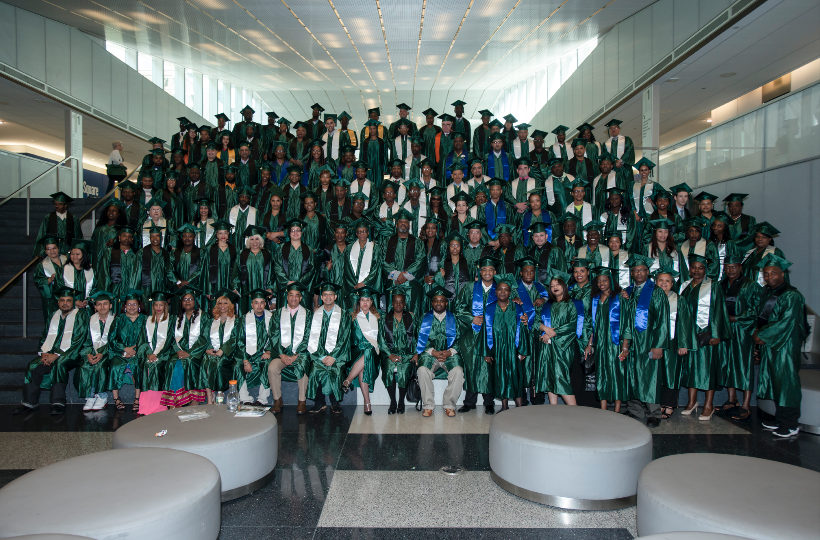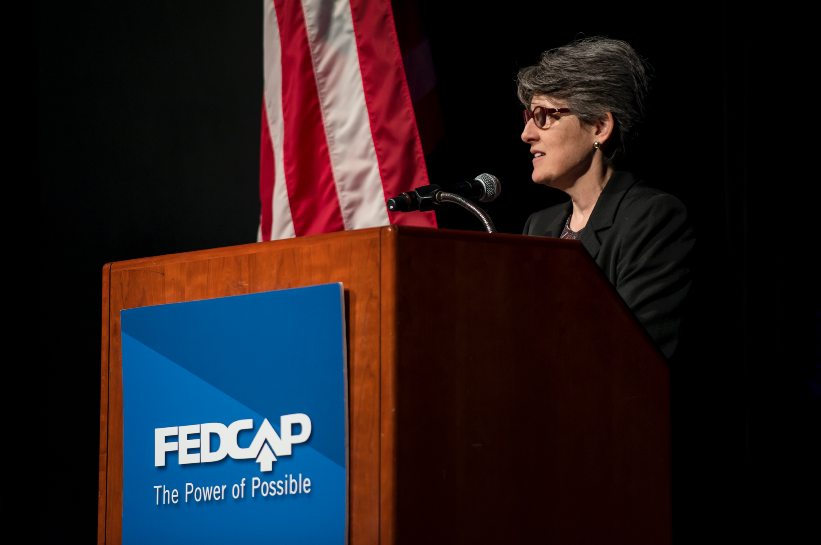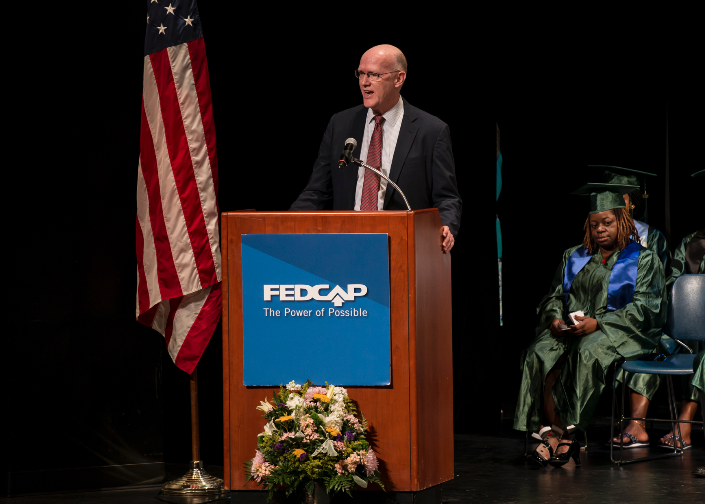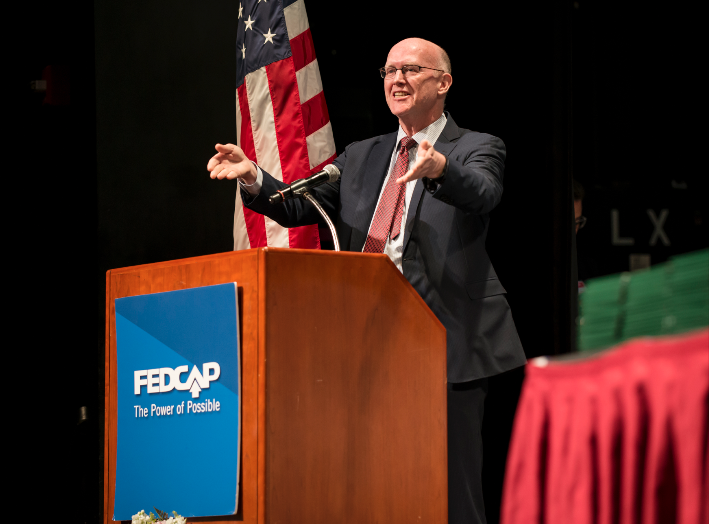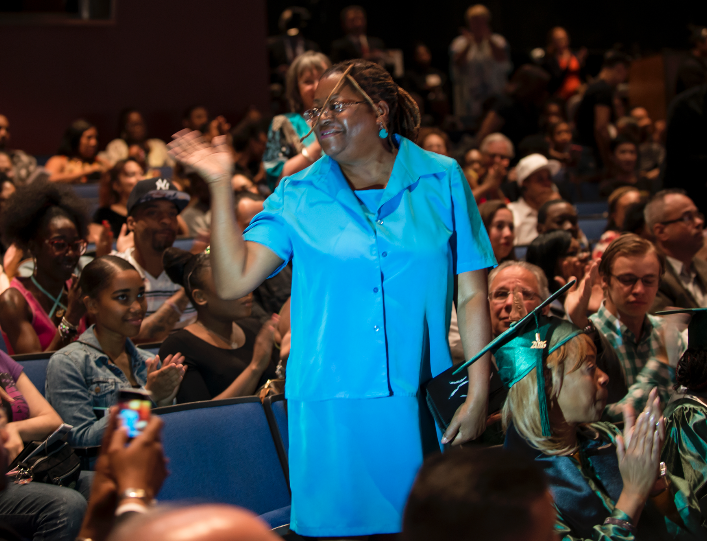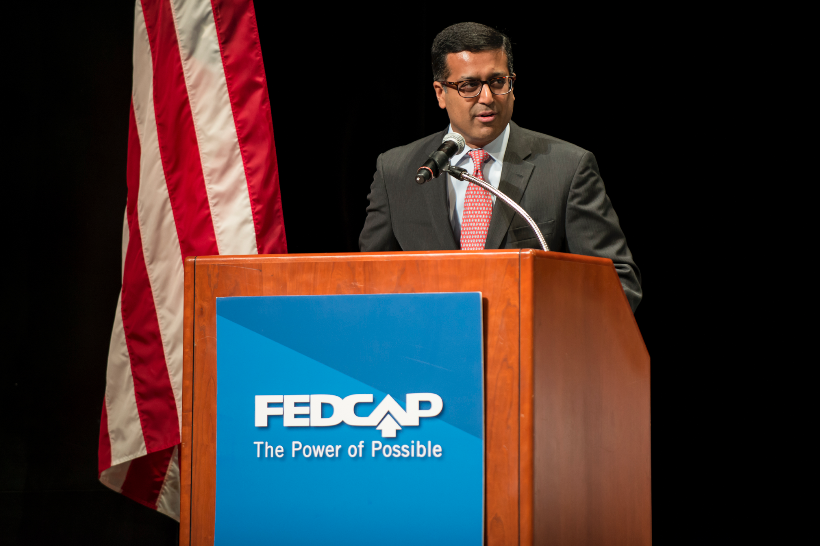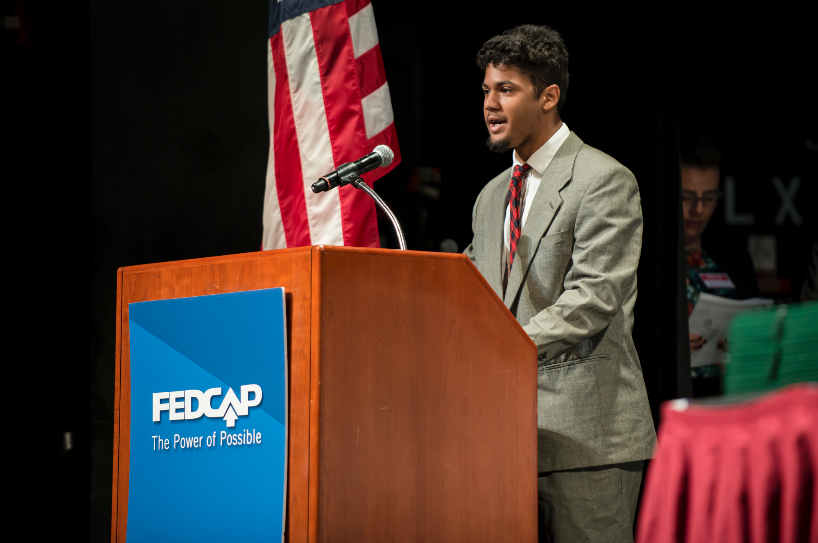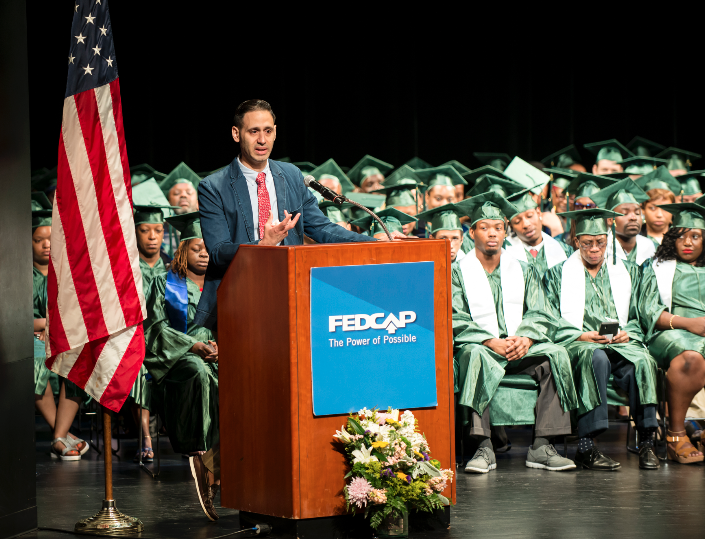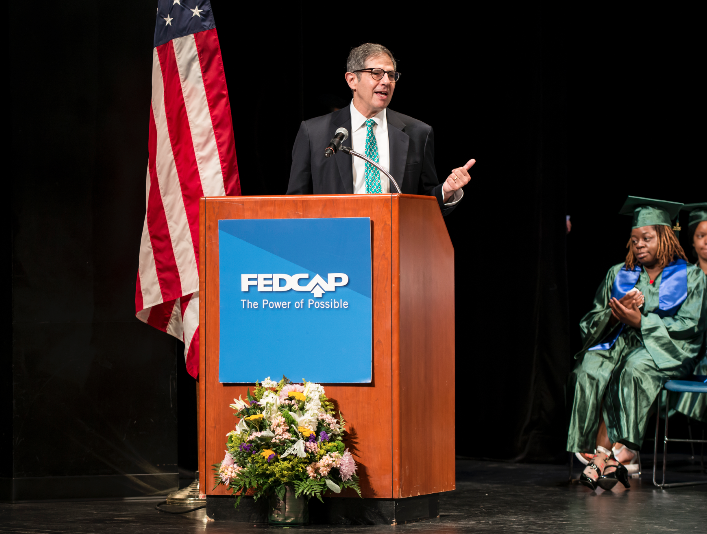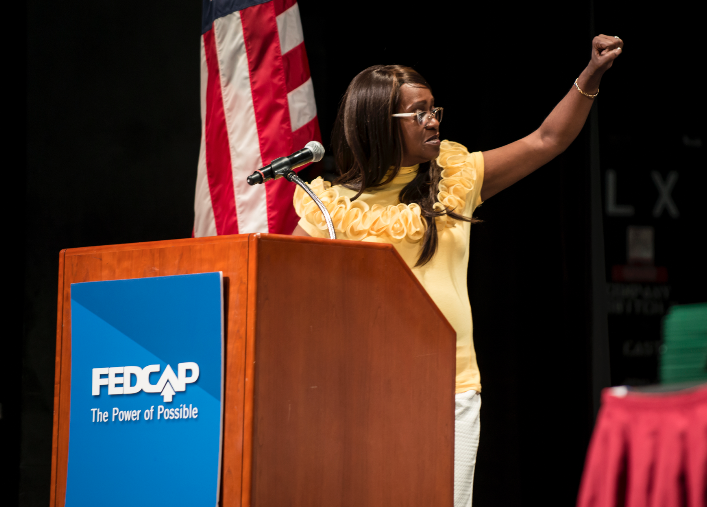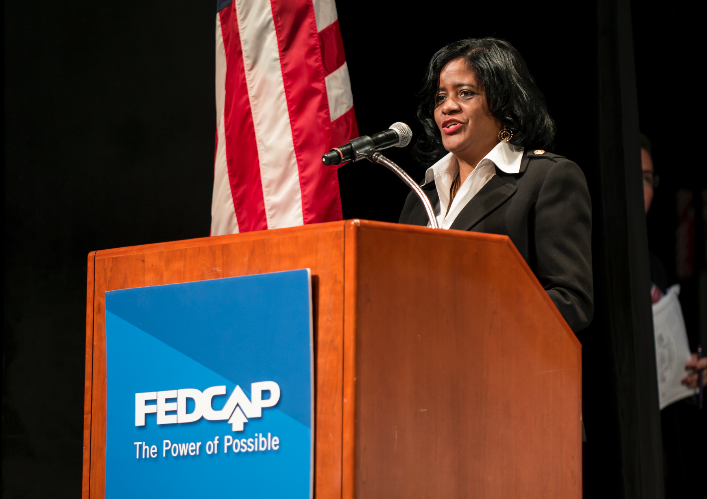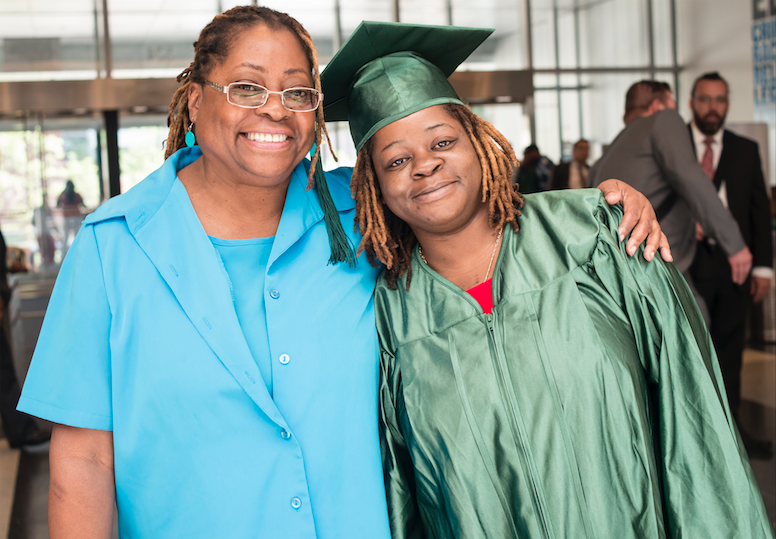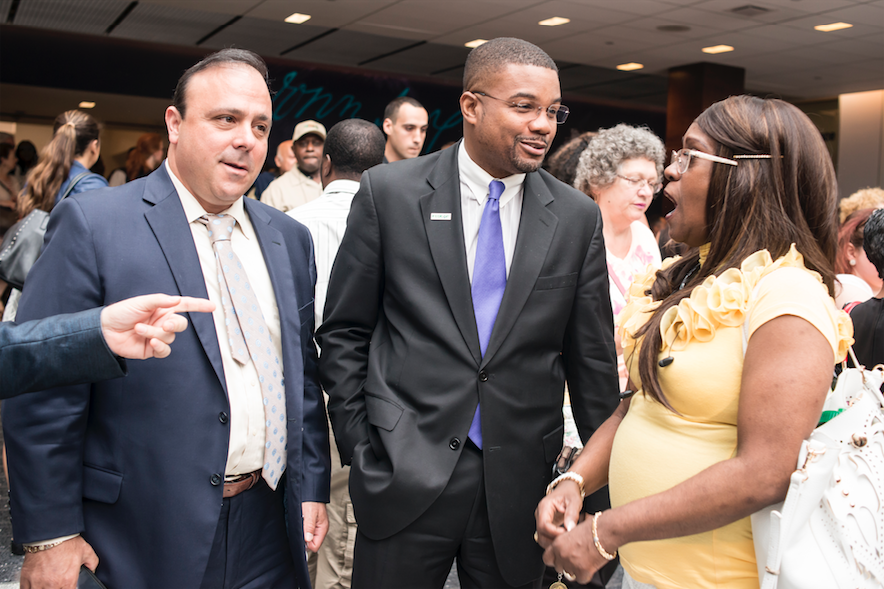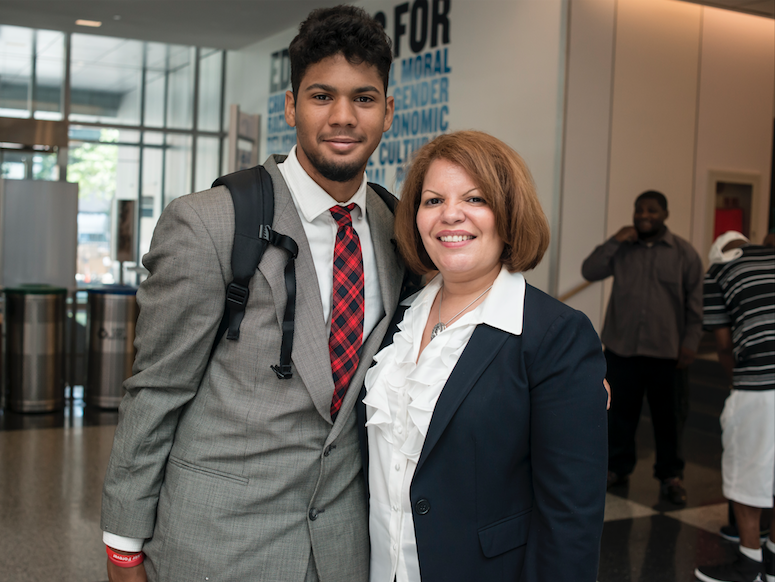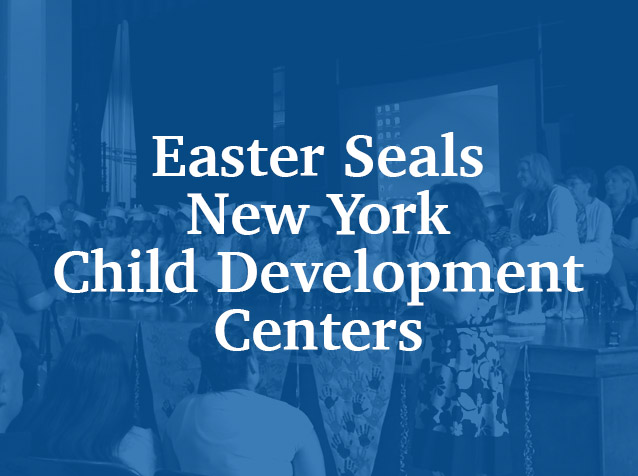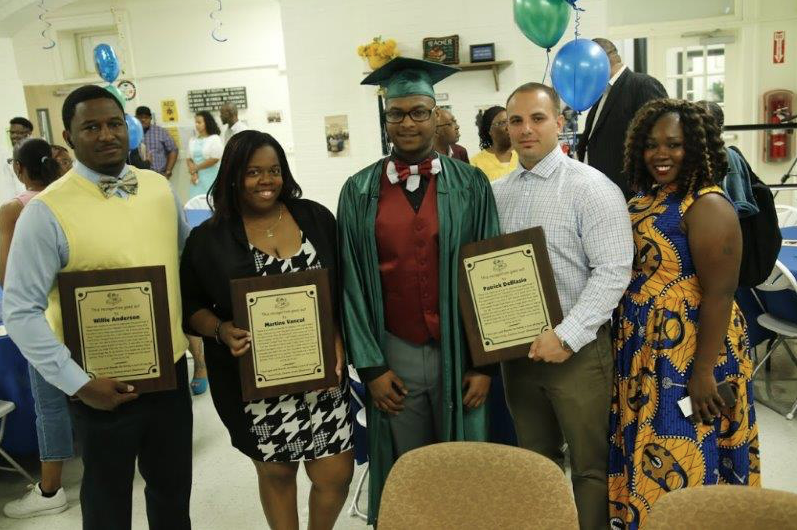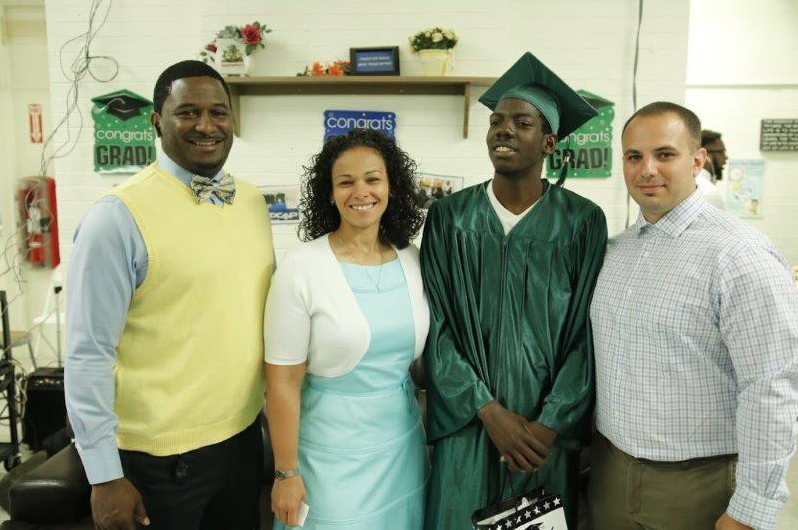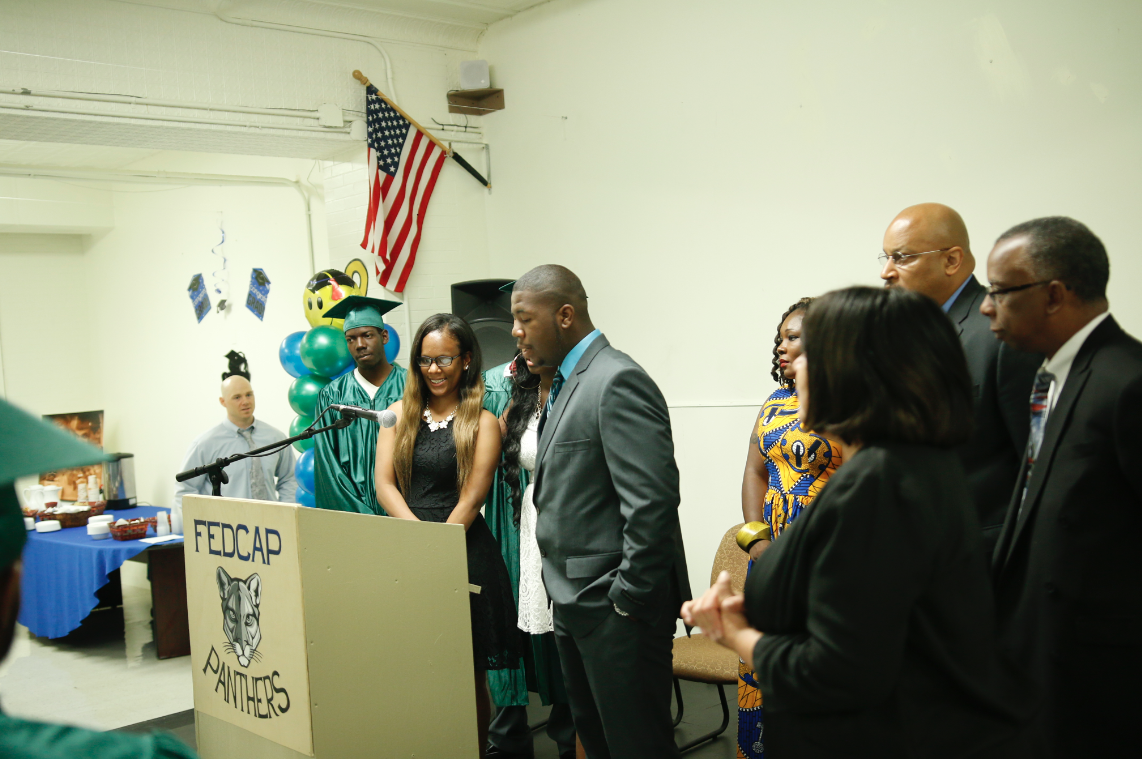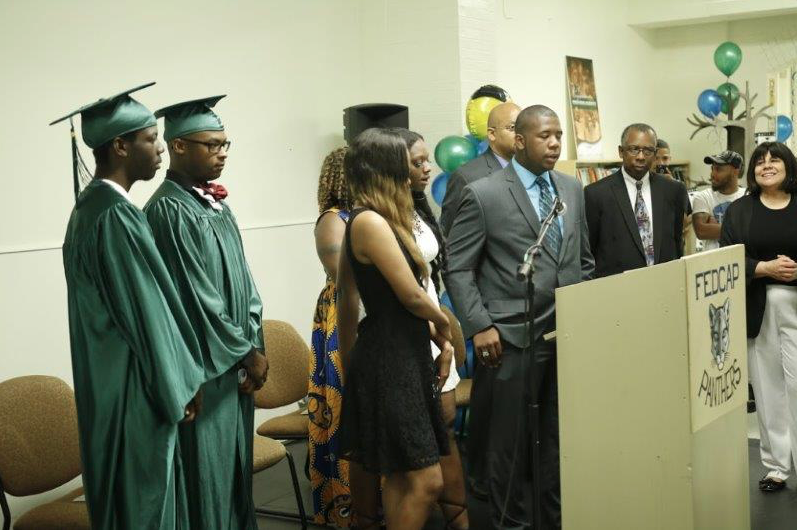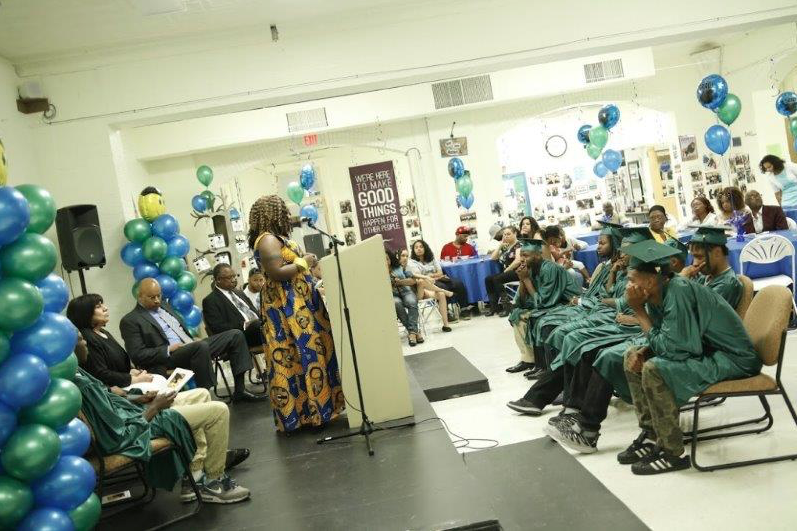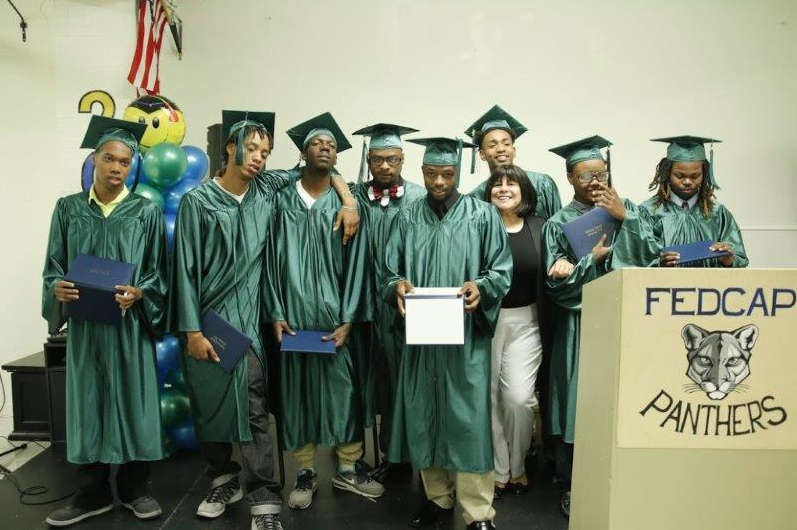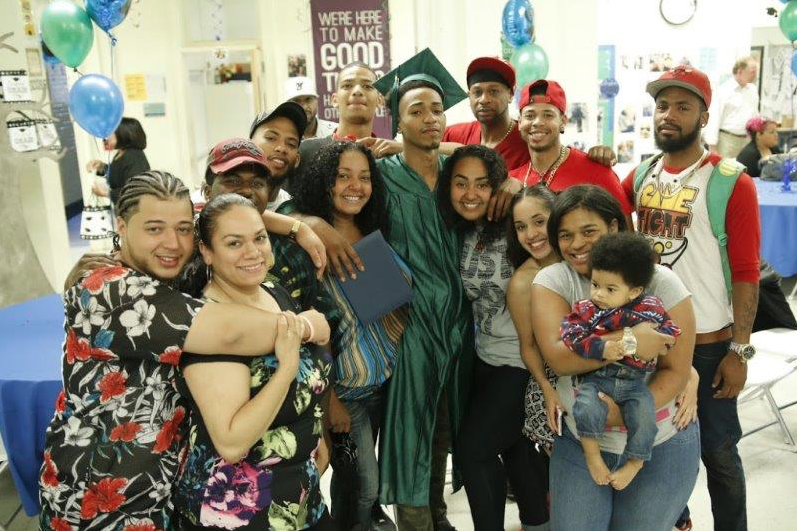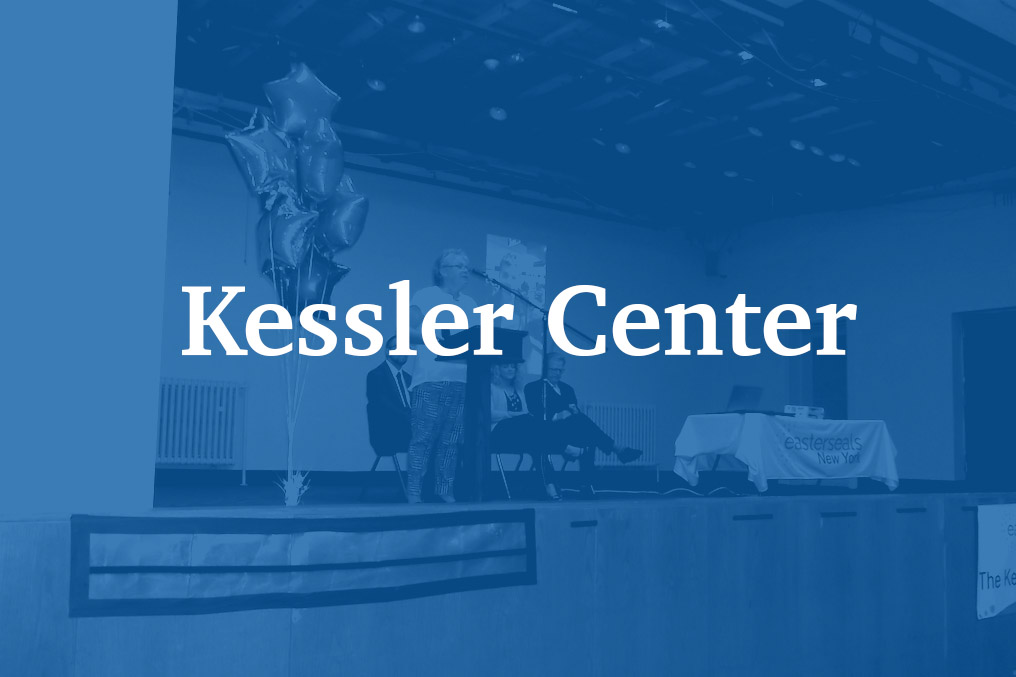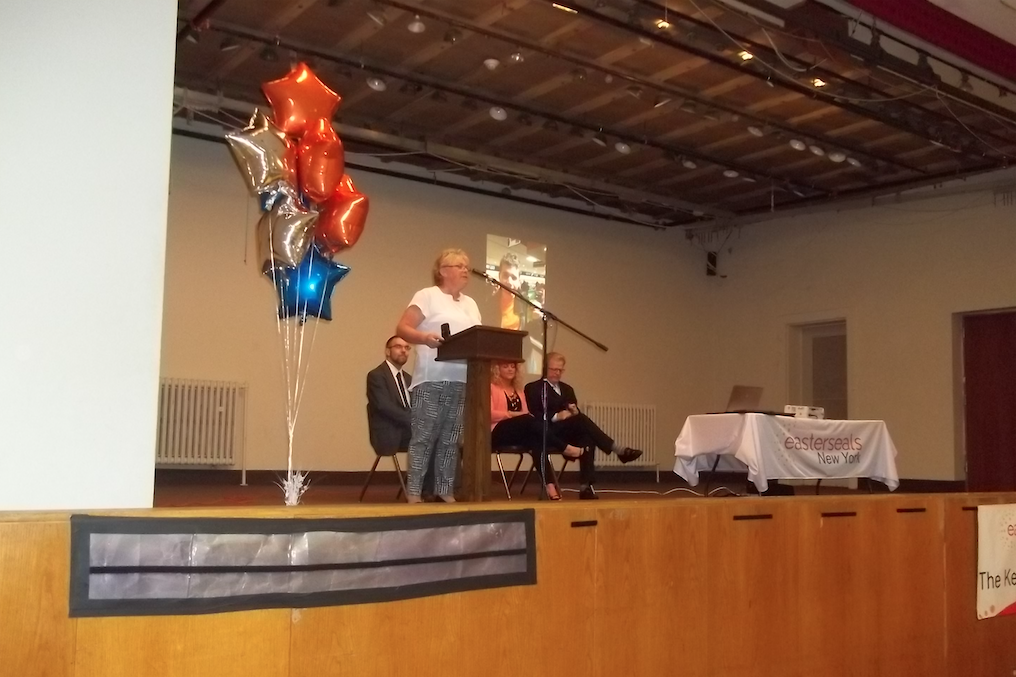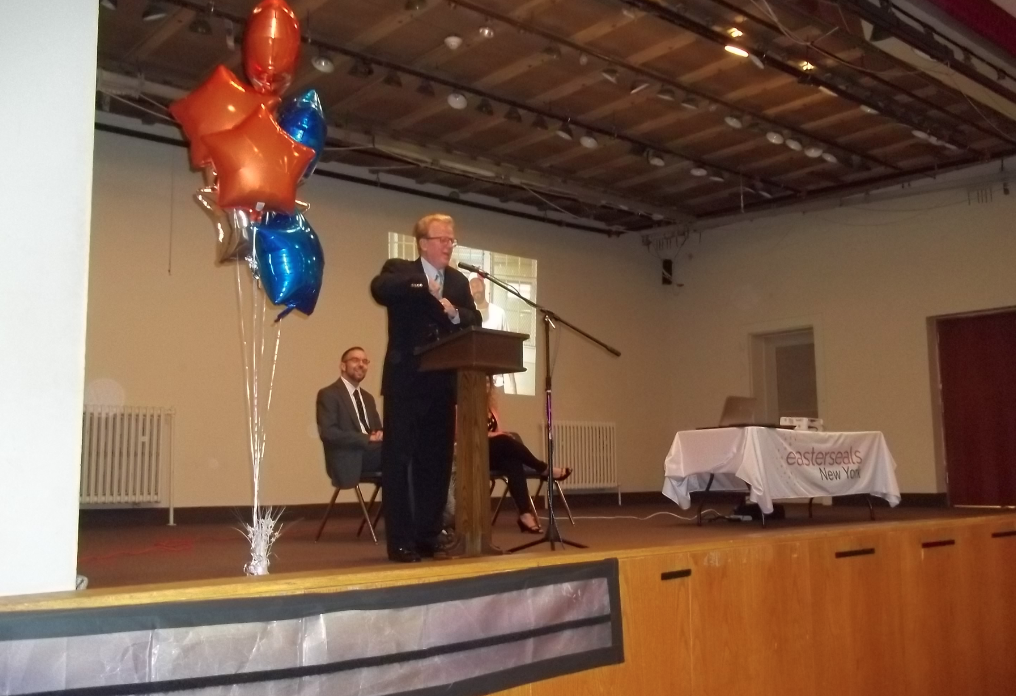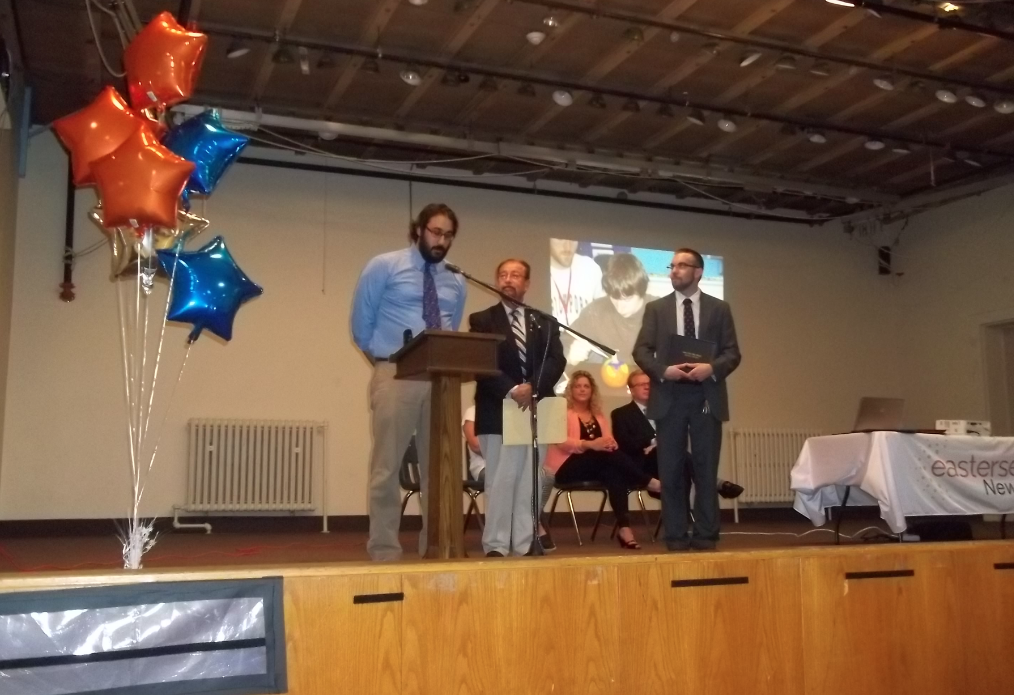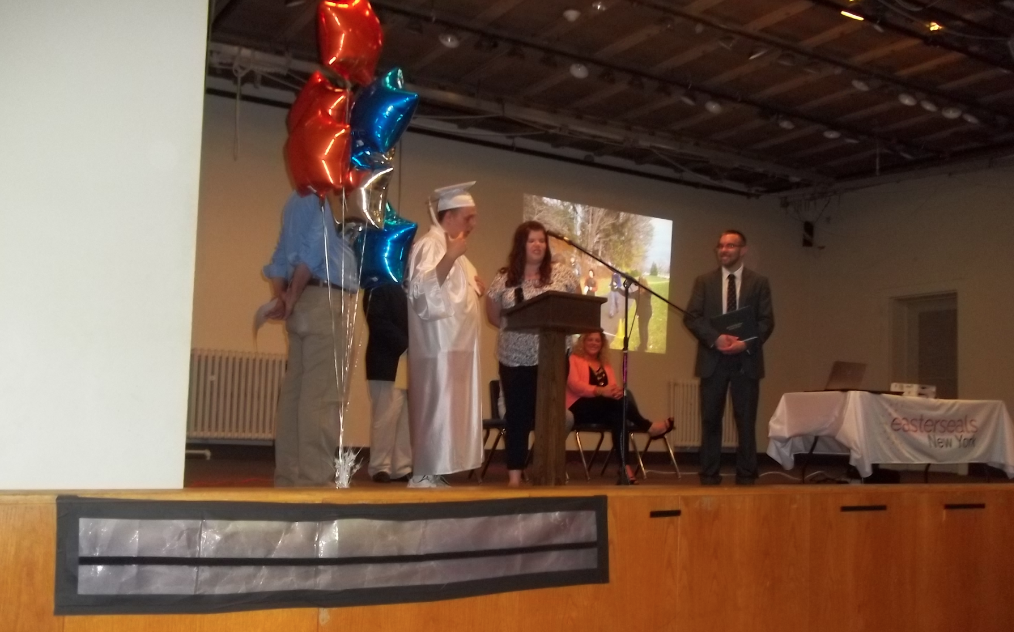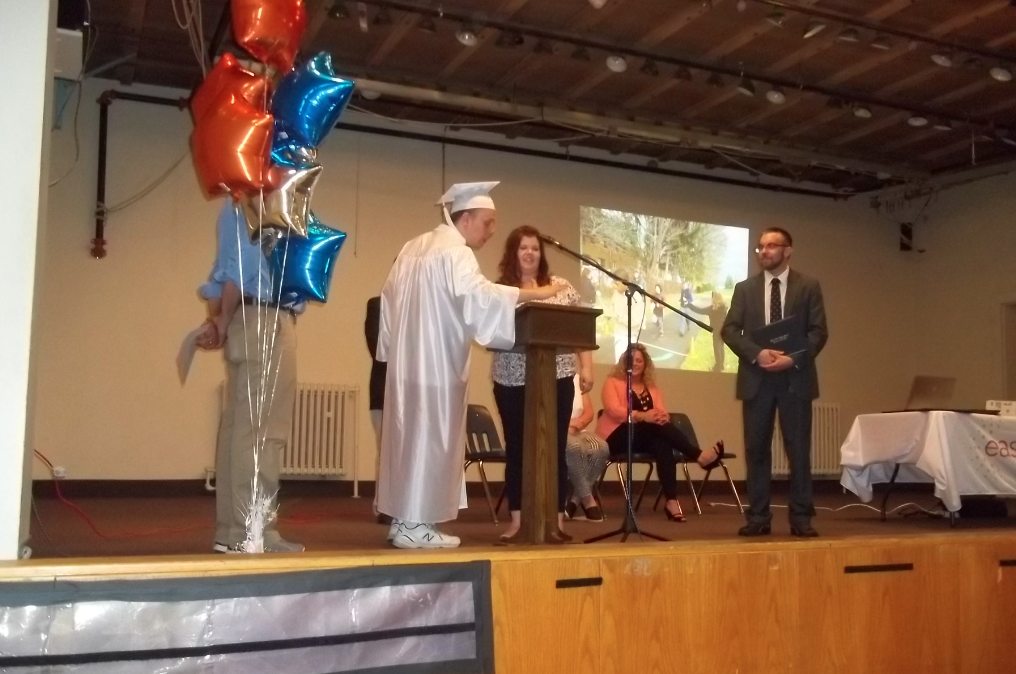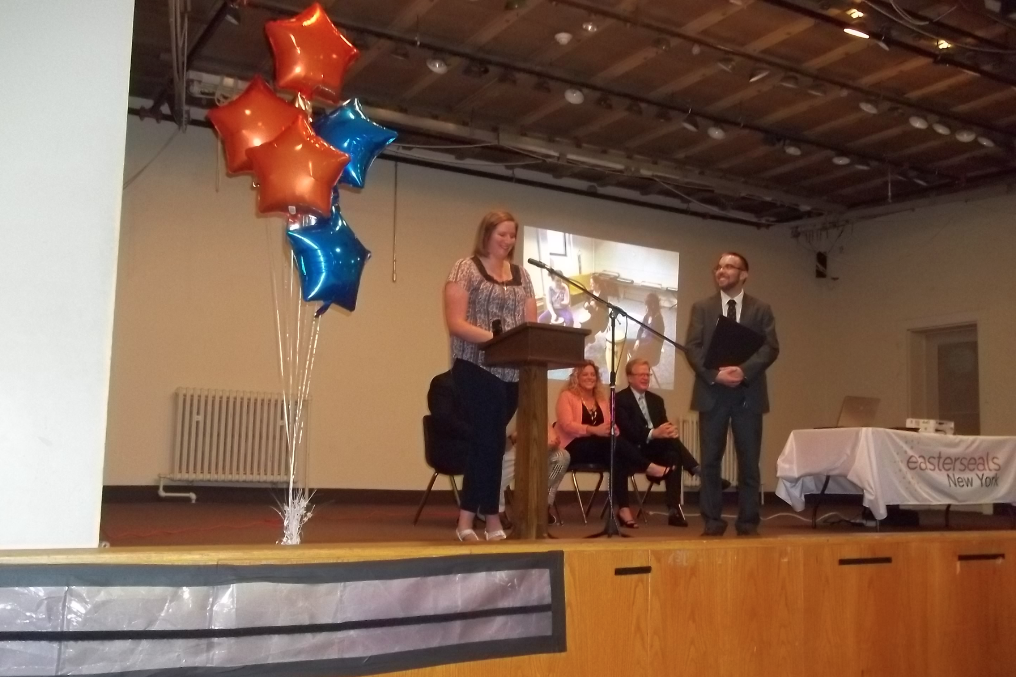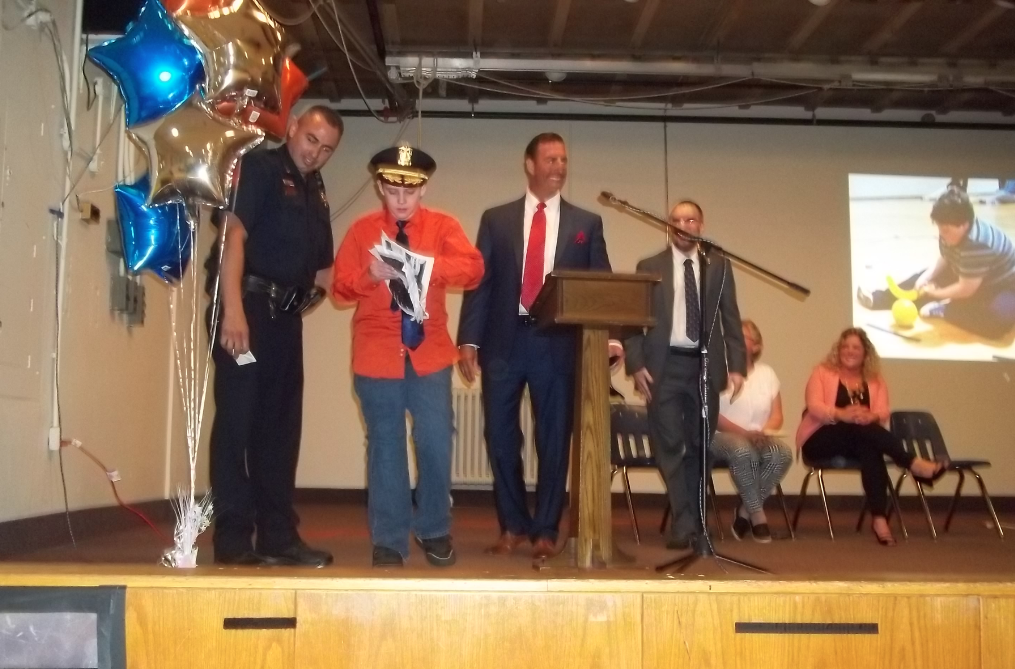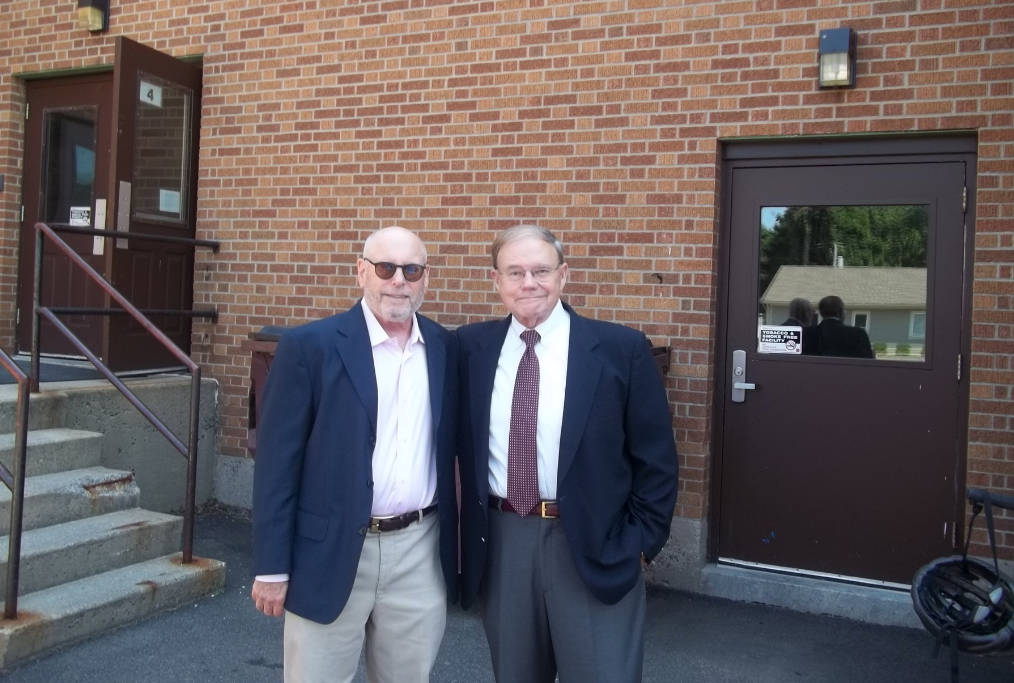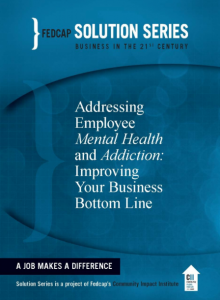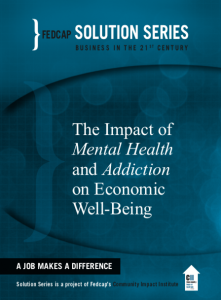—Served more than 107,000 individuals with disabilities and other barriers to economic well-being—
—31% year-on-year revenue Increase driven by organic and acquisition growth—
—Maintained strong financial position—
—Achieved significant revenue synergies in first year of Easter Seals NY aquisition—
—Announces Combination with Single Stop Effective December 2016—
NEW YORK, N.Y. (December 13, 2016) – Fedcap, a not-for-profit organization that develops relevant, sustainable solutions for people to overcome barriers to economic well-being through four practice areas: Economic Development, Workforce Development, Educational Services, and Occupational Health, today reported its operating and financial results for its 2016 fiscal year ended September 30, 2016.
Management Comment
“This was an excellent year for Fedcap, as we were able to bring the “Power of Possible” to more than 107,000 individuals across 10 states and the District of Columbia, significantly increasing the size of our served population and extending our geographic reach,” said Christine McMahon, Fedcap’s Chief Executive Officer. “The strong demand for Fedcap’s expanding range of services in the areas of education, training, and job placement, career development and behavioral health is in large part a function of the measurable outcomes that our programs have achieved for individuals with barriers to economic well-being. Increasing recognition of the economic benefits of Fedcap’s programs by government and service organizations resulted in significant contract wins and awards that benefited fiscal 2016 results, as well as several important advisory assignments in New York, New Jersey and Rhode Island that we believe can be replicated in other states.
“The addition of Easter Seals NY in September 2015 was an important growth driver in fiscal 2016, and by combining their capabilities with our resources, we were able to increase their revenue base by over 20%. In September 2016, we completed the acquisition of Easter Seals Rhode Island, a transaction that will enable us to build out our footprint in that state, where we are already a provider of workforce development services.
“Today, we formally announced that SingleStop has become part of the Fedcap organization, SingleStop is a $25 million, privately funded organization that has developed a unique software solution matching individuals requiring additional assistance to those services for which they qualify—all from one location, whether it be the office of a social services organization or the financial aid office of a community college. SingleStop is currently available at 100 sites in eight states. It is our intention to both significantly expand adoption of the software and to monetize its substantial financial return on investment, enabling SingleStop to become a self-funding entity and to invest in the further development of software solutions that improve the delivery of services.
“Fedcap’s 31% revenue growth in fiscal 2016 was achieved while maintaining our strong financial position and managing to a modest operating surplus. Importantly, we were able to build our financial flexibility despite ongoing investments in talent development and infrastructure improvement to ensure that our results are sustainable, and that we retain the capacity for continuous innovation,” Ms. McMahon noted.
2016 Financial and Operating Metrics
Fiscal year 2016 revenues were $228.3 million, an increase of 31% over the $173.8 million in revenues reported for FY15. The improvement reflects both organic and acquisition growth, primarily related to new contracts with federal, state and local government and an expanding geographic footprint.
• Economic Development accounted for 45% of Fedcap’s total FY16 revenues, and is comprised of business services operations that directly employ the populations we serve. Revenues were $102.5 million. In 2016, Fedcap employed over 1550 people in these businesses, the majority of whom have disabilities or other barriers to economic well-being. Within this activity, the largest revenue driver was Total Facilities Management, which includes work at such iconic sites as the Statue of Liberty, Ellis Island, New York’s Penn Station, New York City Court Houses, Federal Aviation Administration installations in New Jersey, as well as government and commercial office buildings in New York, New Jersey, Washington, D.C. and Massachusetts. Other components of Economic Development include: Manufacturing, which provides outsourced assembly and production of electronic products for our military, delivered by a workforce comprised of people with disabilities; Business Solutions, which provides all aspects of back office support to government and commercial clients; which provides all aspects of back office support to government and commercial clients; Catering, which is a growing part of our portfolio, Security Services, Staffing Solutions and Home Health Care, where over 385 Fedcap-trained and licensed professionals provide at-home care to those in need.
• Workforce Development accounted for 33% of FY16 revenues, or $75.3 million, and represents the area in which Fedcap serves the largest number of individuals through a
broad range of services, including: functional capacity assessments, employment readiness training, vocational evaluations, wellness services, counseling and job placement and job retention services to a diversified group of individuals, each facing significant barriers to economic well-being. We are pleased to report that Fedcap placed over 10,100 individuals in jobs in fiscal 2016, 47% of which were jobs paying in excess of the minimum wage. Our job placement activities included 840 “ReServists”, retired professionals age 55+ whom we place with organizations to create social impact in education, health care and poverty fighting.
• Education and Occupational Health together accounted for over $43.4million in revenues, or 19% of FY16 revenue. This year-on-year growth rate of almost three times the prior year’s revenues was mainly due to the acquisition of Easter Seals New York and Rhode Island and our growing body of work in the area of Substance Use Disorders and Recovery. We provide a broad array of programs in the areas of behavioral health, evaluation & specialized training, assistance for youth transitioning from foster care, and vocational rehabilitation for individuals with disabilities. Through our Occupational Health services 3863 individuals who previously could not work were stabilized and referred for employment. Over 1340 individuals advanced grade level, graduated from high school, matriculated to college, graduated from college, or obtained vocational certification through our Career Design School, which offers fully certified training in Culinary Arts, Security, Facilities Management, Hospitality, Data Entry/Digital Imaging and Office Skills. Since 2013 we expanded the number of High Impact Internships we provide to disadvantaged young people from 421 located within 74 businesses and community agencies to 654 –a 37% increase—located within 209 businesses and community organizations.
Fiscal 2016 operating expenses were $227.9 million, 87% of which represented direct program expenses. Fedcap reported an operating surplus of $328,389 for 2016 compared to an operating surplus of $179,241 in 2015.
At September 30, 2016, cash and marketable securities were $29.3 million, similar to the $29.1 million at the end of fiscal 2015.
Second Half 2016 Contract Awards/Recent Developments
In the second half of FY 2016 Fedcap was awarded several significant contracts including:
• Notification of a three-year $27.6MM contract award by the NYC Human Resource Administration to serve TANF population
• A $1.3MM annual contract with the State of New Hampshire to build regional access points to combat the opioid epidemic
• A combined $1MM of annual commercial contracts for Total Facilities Management Services in Delaware and New Jersey
• A major annual contract for $250,000 annually to provide ReServists to 24 middle schools in Broward County Florida to reduce truancy
• Neighborhood Improvement Grants through Wildcat subsidiary serving boroughs of New York City totaling $1.6MM
Summary and Outlook
“Our full year 2016 end results reflect Fedcap’s increasing recognition as a multi-faceted organization with the singular focus of providing a direct, positive impact on the lives of individuals with barriers to economic well-being, their families and the communities in which they live—and doing so in innovative ways that are economically and financially viable for all stakeholders.
“Looking ahead, we are mindful of the dynamics of the political landscape and the funding environment, and continue to focus our attention on achieving positive, measurable results that are delivered in the most cost-efficient ways. In 2017, we expect to continue to grow, thanks to recent contract wins, the addition of both SingleStop and Easter Seals Rhode Island, and our ability to drive revenue synergies by replicating successful programs in new geographies.
“Fedcap has a family of brands that give the organization deep domain experience that we successfully leverage to effectively serve clients, capture new contracts and to secure foundation grants. We look forward to continuing our progress in 2017 and to keeping an open dialogue with all of our stakeholders,” Ms. McMahon noted.
About Fedcap
A not-for-profit founded in 1935, Fedcap develops innovative, creative and sustainable solutions that help people overcome barriers to economic well-being. In FY 2016, Fedcap’s educational, vocational training, job placement, post placement support and advocacy programs helped more than 107,000 individuals rebuild their lives and build a pathway to long term economic well-being.

